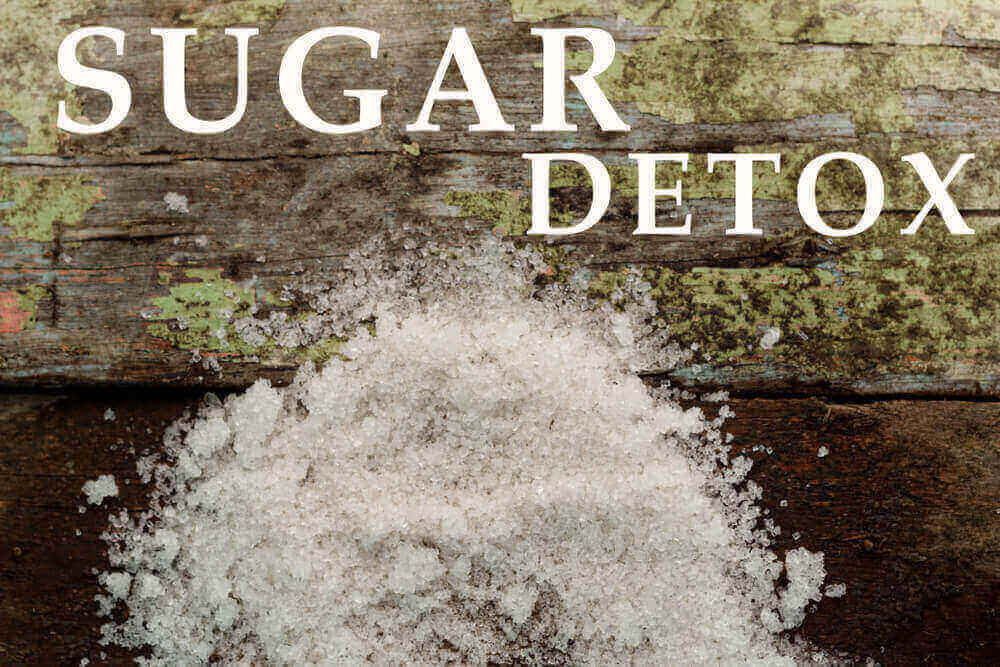Diet Changes to Control Hairfall in Monsoon
The monsoon season brings relief from the scorching heat, but it also comes with its own set of challenges, especially when it comes to hair health. Increased humidity, scalp infections, and inadequate nutrition can contribute to excessive hair fall during this time.
As a dietician based in Gurgaon, I believe that what you eat plays a significant role in maintaining healthy hair, particularly during the monsoon. Here are some essential diet changes that can help control hair fall and promote strong, shiny hair during this season.
1. Boost Your Protein Intake
Hair is primarily made up of a protein called keratin, and a lack of protein in your diet can lead to weak and brittle hair. During the monsoon, it’s crucial to ensure that you’re getting enough protein to support hair growth and strength.
Incorporate protein-rich foods like eggs, fish, chicken, and dairy products into your diet. For vegetarians, beans, lentils, tofu, and quinoa are excellent sources of protein. A balanced intake of these foods will provide your hair with the essential building blocks it needs to stay healthy and strong.
2. Include Omega-3 Fatty Acids
Omega-3 fatty acids are essential for maintaining the health of your hair and scalp. They help nourish the hair follicles, reduce inflammation, and prevent dry and flaky scalp conditions that are common during the monsoon.
Fatty fish like salmon, mackerel, and sardines are rich sources of omega-3s. For vegetarians, flaxseeds, chia seeds, walnuts, and hemp seeds are good alternatives. Regular consumption of these foods can help reduce hair fall and improve the overall texture of your hair.
3. Add Iron-Rich Foods
Iron deficiency is a common cause of hair fall, especially in women. Iron helps in the production of hemoglobin, which carries oxygen to your hair follicles, promoting growth and strength. To prevent hair fall during the monsoon, include iron-rich foods like spinach, beetroot, broccoli, and legumes in your diet.
Pair these with vitamin C-rich foods such as citrus fruits, strawberries, and bell peppers, which enhance iron absorption in the body.

4. Incorporate Biotin-Rich Foods
Biotin, also known as vitamin B7, is crucial for healthy hair growth. It helps in the production of keratin and supports the overall structure of your hair. During the monsoon, when hair tends to become weak and prone to breakage, including biotin-rich foods in your diet can make a significant difference.
Eggs, nuts, seeds, sweet potatoes, and avocados are excellent sources of biotin. Regular consumption of these foods can help reduce hair fall and promote thicker, healthier hair.
5. Stay Hydrated and Include Antioxidants
Hydration is key to maintaining healthy hair, especially during the humid monsoon season. Drink plenty of water throughout the day to keep your scalp hydrated and prevent dryness. In addition to water, incorporate antioxidant-rich foods into your diet, such as berries, green tea, and leafy greens.
Antioxidants help combat oxidative stress, which can damage hair follicles and lead to hair fall. A diet rich in antioxidants will protect your hair from environmental damage and support its overall health.
Conclusion
Controlling hair fall during the monsoon is possible with the right dietary changes. By incorporating protein, omega-3 fatty acids, iron, biotin, and antioxidants into your daily meals, you can strengthen your hair from within and reduce the risk of hair fall.
Remember, consistency is key, and a balanced diet will not only improve your hair health but also enhance your overall well-being. Take care of your diet, and your hair will thank you!


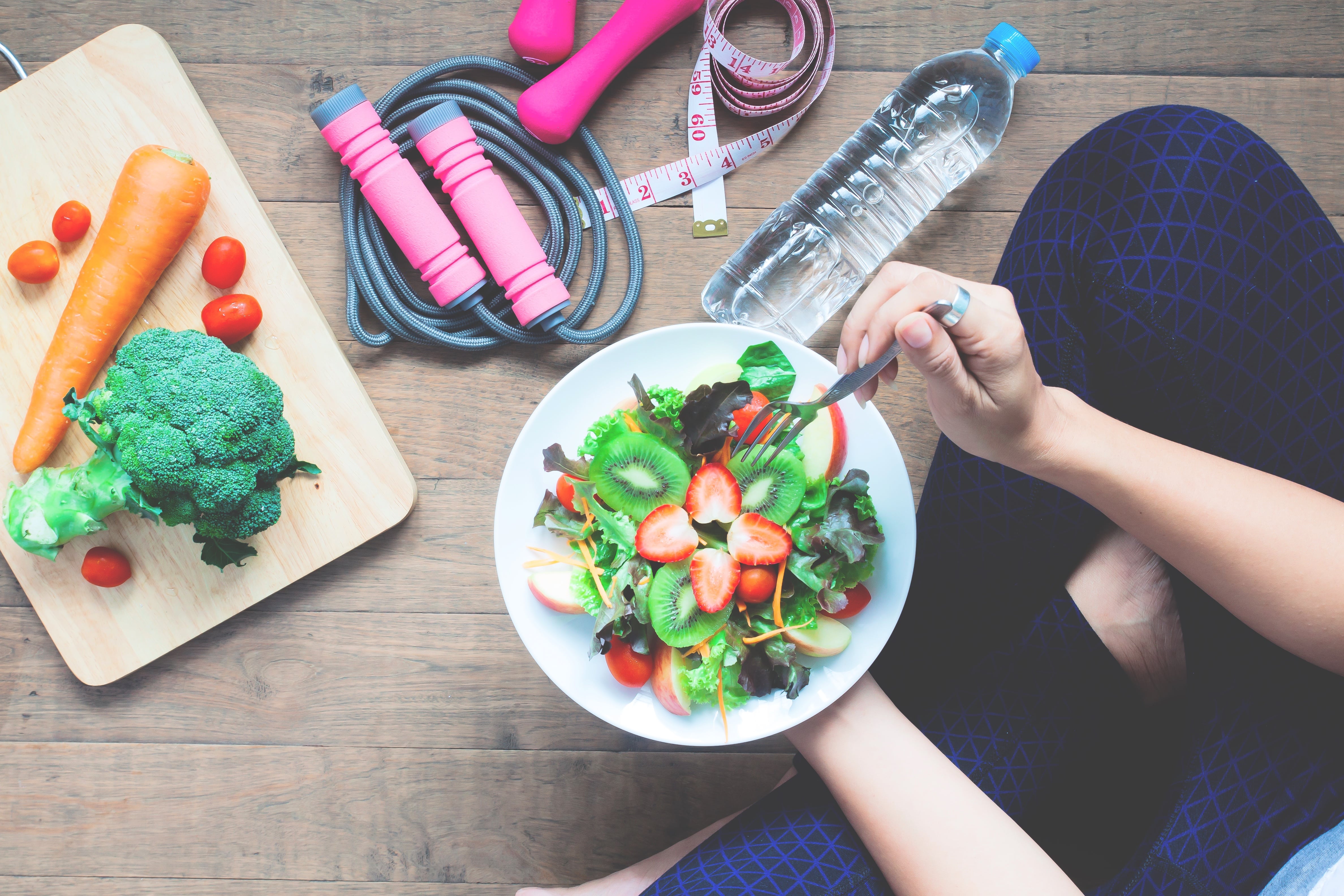
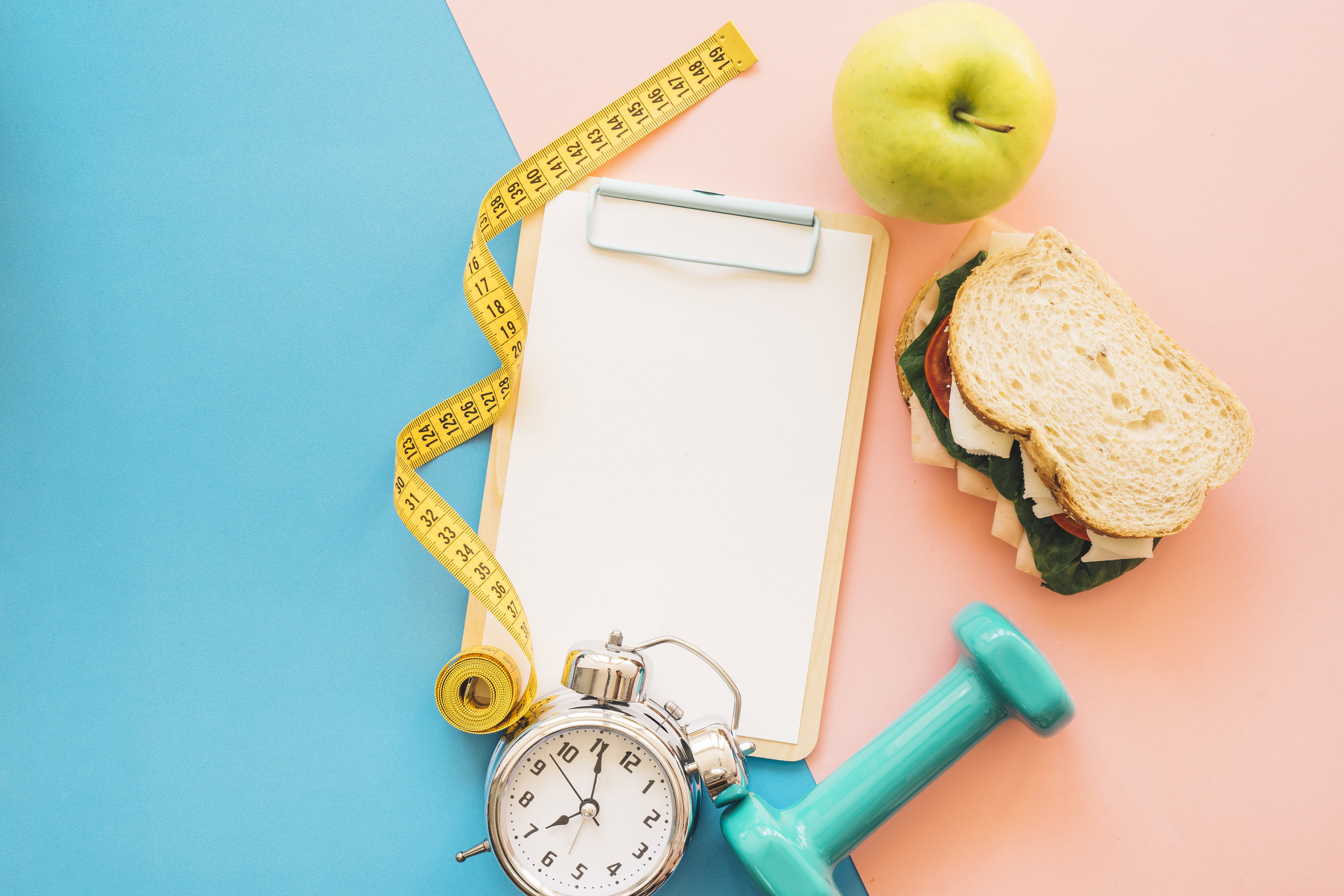
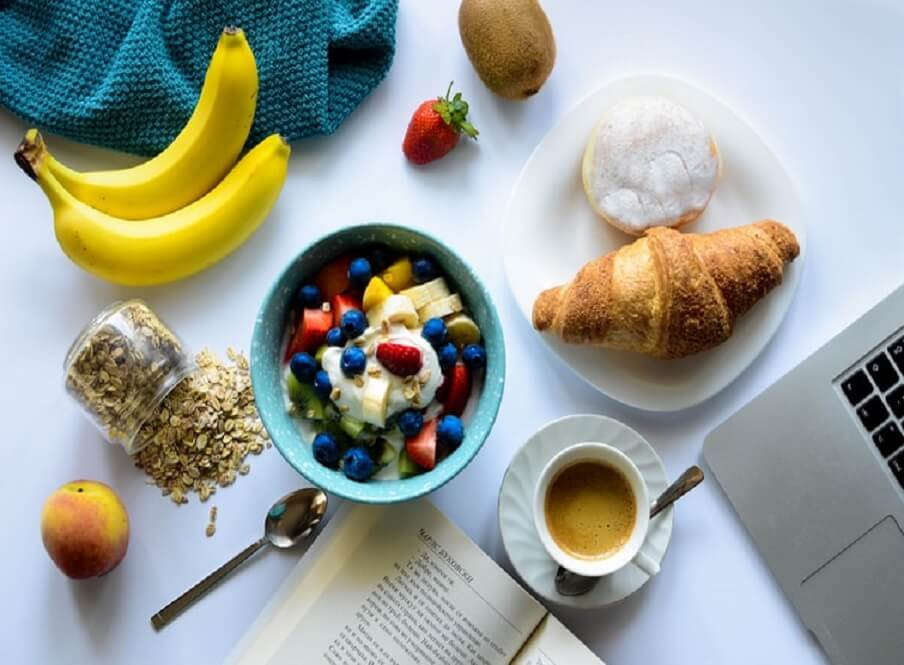
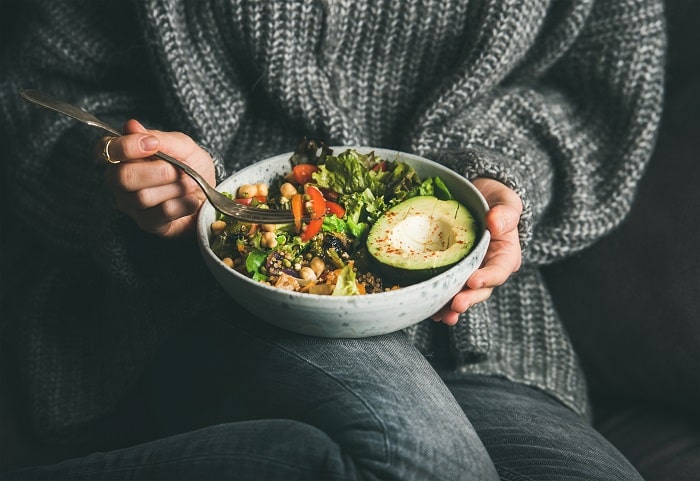
.jpg)
